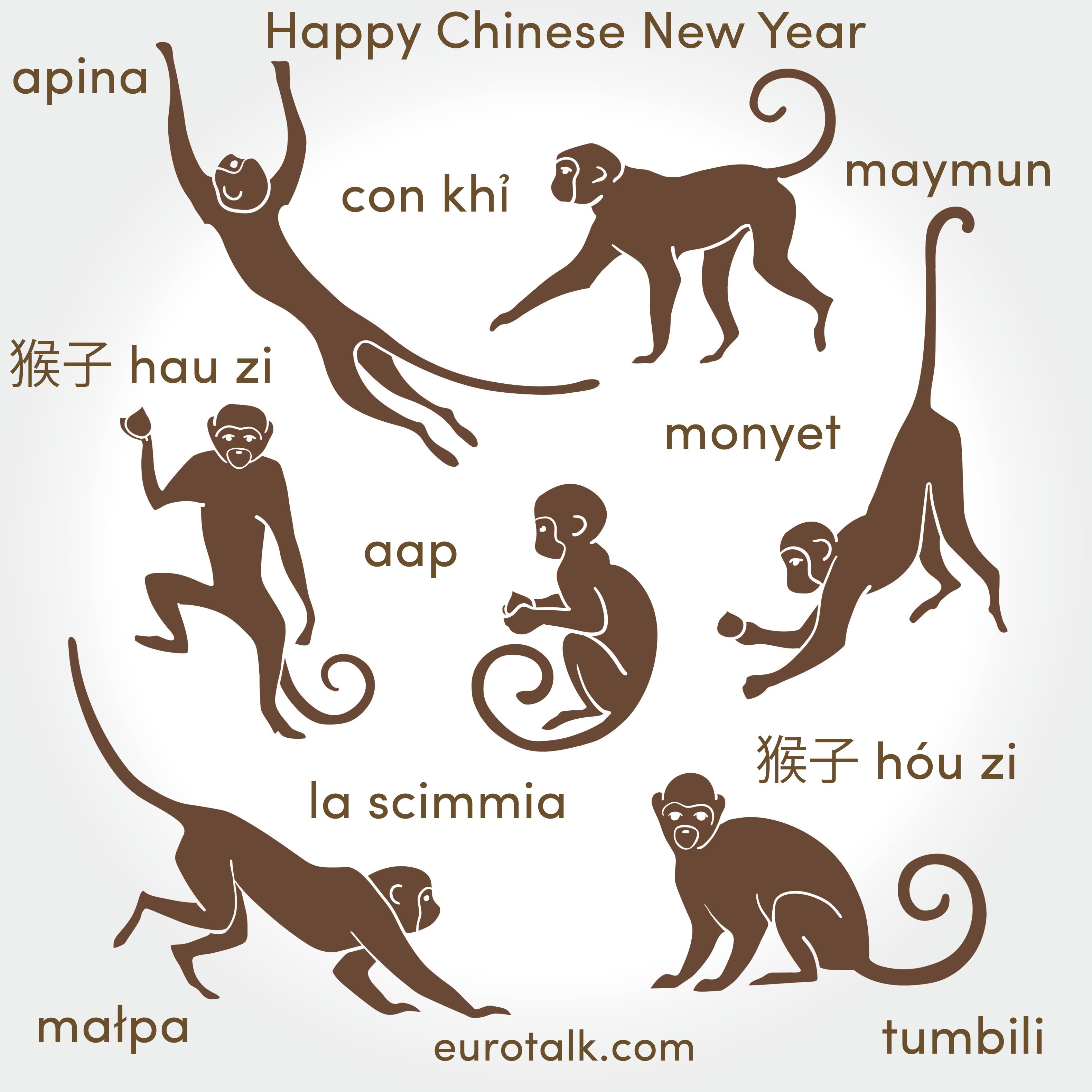Let the cat out the bag…
The world has become slightly obsessed with cat videos and cat Instagram accounts (have you seen the video where cats see a cucumber? Trust me, it’s worth a watch). They are seriously cute! I am a massive cat lover and my phone is filled with photos of my cat, Marcella.
And when it comes to the English language, we love to use cats in idioms; you may find some are more difficult than others to guess the meaning of.
Here are some examples:
Has the cat got your tongue?
This basically means why are you being so quiet? Why aren’t you speaking? Sometimes associated with the idea that you’ve done something wrong and don’t know what to say to get out of the situation.
It’s raining cats and dogs
It’s raining (like it does A LOT in England) and it’s raining really hard.
Look what the cat dragged in
This is a very catty comment (see what I did there) this is said to someone when you don’t particularly like him or her. You’re making a point to say you don’t want them there in the same place as you.
There isn’t room to swing a cat
Okay I don’t know why you would want to swing a cat but this idiom means, it’s a really small space.
Put the cat among the pigeons
This is when you say something or do something that causes trouble. This could be expressing a different opinion to people in a group who all think the same thing.
Let the cat out of the bag
You’ve said something you shouldn’t have said, a secret maybe. You’ve said it to someone you shouldn’t have, which means you’ve essentially ‘let the cat out of the bag’.
The cat’s pyjamas/whiskers
This is an expression that means something is fabulous or excellent, similar to the ‘bee’s knees’.
If you have any other fun cat-related idioms (or any great cat videos to share with us), let us know!
Alex
‘Zewg birer, jekk joghgbok’ (or How to say ‘2 beers please’ in Maltese)
Katherine is one of our uTalk Challenge participants; she chose to learn Maltese in preparation for her holiday in the sunshine! Here she shares a few of her language adventures, and explains why she found knowing a little bit of the local lingo made the trip even more enjoyable.
Learning Maltese probably counts as one of the more pointless things you could do in life, as it is only spoken in two small islands, where everybody speaks very good English. But being in the position of having a week’s holiday booked in Malta for the last week of January, it seemed like the perfect thing to do for January’s uTalk challenge; after all, it is a language, and a very interesting-sounding one at that – it appears to be a mixture of Italian, English and Arabic. And what a great place to visit in January too, with the sun shining and temperatures in the high teens.
So here I am with my “gelat” (ice cream) in front of Mgarr in Gozo (the harbour where the little ferry arrives from Malta, just a couple of miles away), with some people talking on a “dghajsa” (boat) behind me, and the “xemx” (sun) shining brightly. And then with my husband at the “Tieqa Zerqa” (the Azure Window), which is one of the features shown in the final uTalk topic about the country. That section is great when you actually get to the country, as you can recognise places and know how they should be pronounced. In fact, having got the gist of how the combinations of letters are pronounced, it was great fun to be able to say the place names and street names and even read some notices, picking out the odd word or two.
It was on our outing to Gozo that I had my highlight of the week, language-wise. I was able to order some coffees, one black and one with milk and some local snacks (also featured in the Malta topic, so I knew they were the local delicacy)! I also asked for the bill and said goodbye etc; this all delighted the elderly lady serving us, in fact maybe we made her day! Not quite such success later that same day, when I came to use the phrase top of any uTalker’s list – “Zewg birer, jekk joghgbok” (2 beers please). I thought I had said it wrong, but it turned out the waiter was from Serbia!
So, even though it was not at all necessary to learn Maltese to visit Malta, it definitely enhanced my holiday to be able to do so a little bit. And what’s more, even though I suspected I had been learning the words and phrases just to amass the points and they wouldn’t stick, I found that they kept popping into my mind, so in fact they had stuck!
A great challenge, and I’m looking forward to next month’s new language!
The Year of the Monkey
Happy Chinese New Year!
Today is the first day of the Chinese Lunar New Year. The period before Chinese New Year is one of the biggest annual migrations of people, all going home to their families to celebrate together. This is for the New Years Eve dinner, also known as the reunion dinner, normally done at home rather than in a restaurant. A variety of dishes are served at the reunion dinner, these usually include fish and dumplings, which signify prosperity. It also includes lettuce, shallots, celery, duck and Chicken – each of these represent a different attribute.
The Chinese Zodiac has a different animal representing a year on a 12-year cycle. Meaning that the year of the Monkey hasn’t happened since 2004 and won’t happen again until 2028. The monkey is the 9th animal in the Zodiac and each animal is said to have different attributes. If you were born in the year of the Monkey, you’re thought to be sociable and innovative. Every zodiac sign has lucky numbers, colours, flowers and even directions. Next year the year of the Rooster will be celebrated.
Chinese New Year is celebrated with the colour red, which is seen as a sign of good fortune. Red envelopes/packets with money in, called Ang Pow are given on Chinese New Years and are a sign of future success. It is also seen as favourable to give an even amount of money rather than an odd amount. These are very different to Pak Kum, which are white envelopes given at sad occasions like funerals.
There are many taboos, which surround the New Year, these are things that shouldn’t be done on the first day of the year.
- Washing your hair – this shouldn’t be done, as it’s a sign of washing away good fortune.
- Taking medicine – if you take medicine on the first day this means you will be sick for the whole year.
- Wearing black or white – these are mourning colours.
Do you have or know of any Chinese New Year traditions? Let us know!





